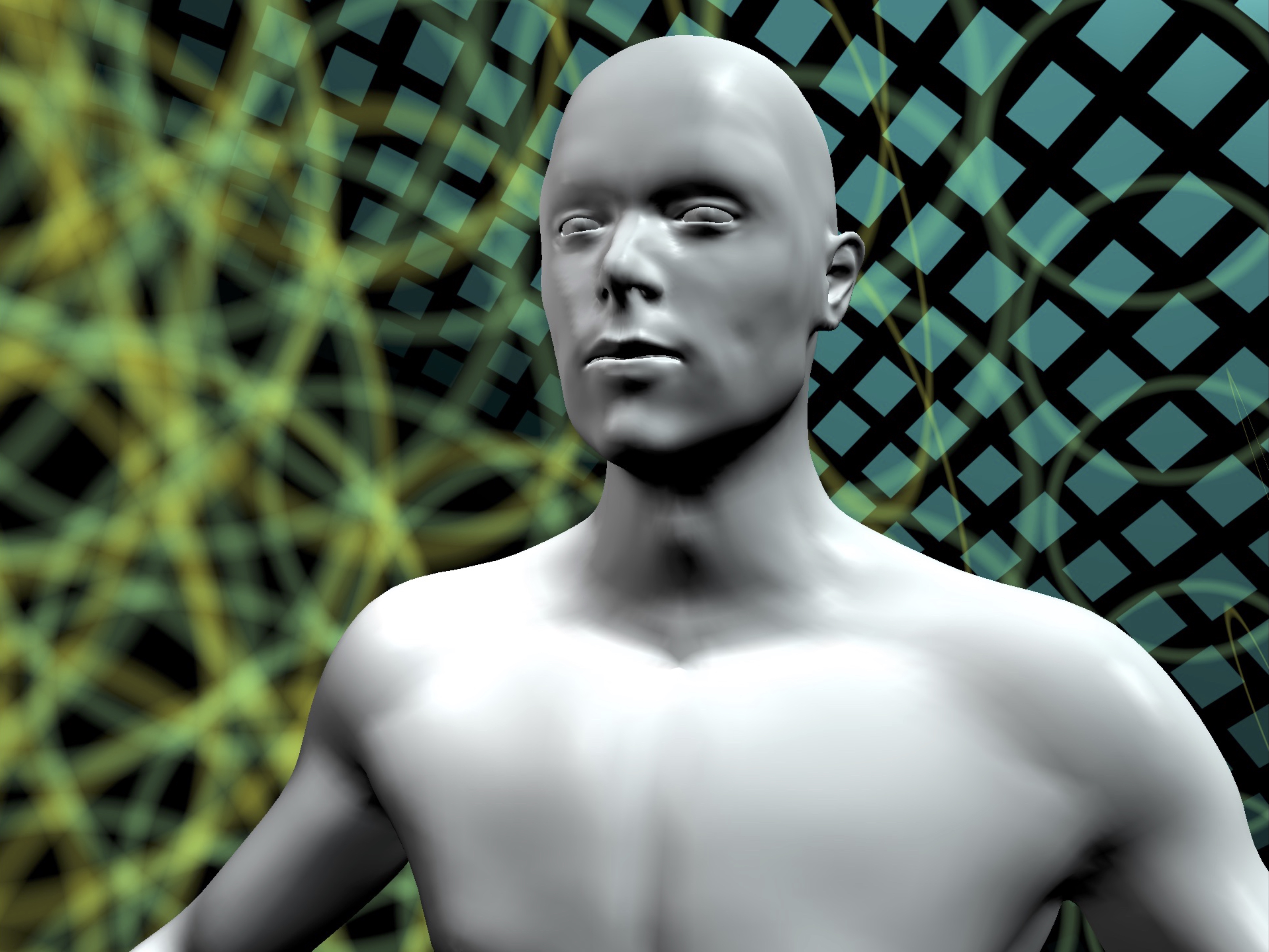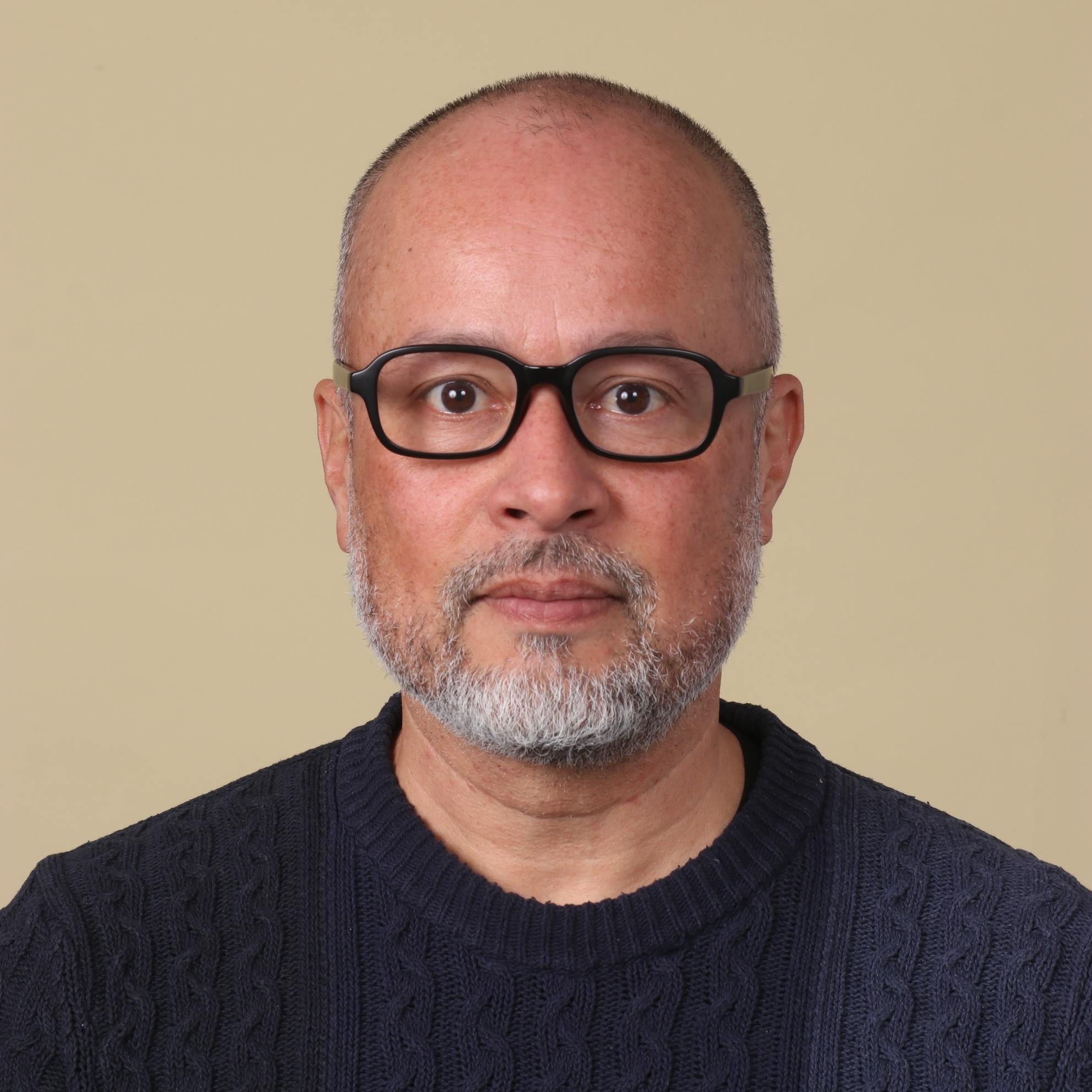Sound and Audio Technologies
Overview
I have spent over two decades as an information scientist, dedicating the last ten years to sound and audio research at the University of Aizu. Throughout my career, I have published over 150 articles in top journals and conferences, and I hold three patents related to sound and audio. My passion for research has also led me to supervise more than 30 undergraduate students, a dozen Master's students, and I am currently guiding two Ph.D. students.
We call our lab "Onkyo." In our lab, we explore sound as a powerful medium for transmitting information between humans and machines. Our research relies heavily on machine learning methods and focuses on three key areas:
Spatial Sound: In an age of information overload, where vision is saturated with data from daily gadgets, we seek to utilize spatial (3D) sound through loudspeakers or headphones to convey vital information. Our interests lie in spatial data compression, auditory display personalization, and the development of multi-sensory interfaces. By enriching human experiences with audio interactions, we strive to push the boundaries of human-machine communication.
Applied Psychoacoustics: The discipline of psychoacoustics studies how sound in the physical world is perceived and processed in our minds. Understanding these perceptual processes enables us to identify when the brain's processing capabilities are outpaced by hardware. This opens doors to innovative interfaces, such as near ultrasound communication and advancements in speech communication technologies.
Applied Phonetics: Phonetics, the study and classification of speech sounds, plays a crucial role in human-machine communication. Through collaborative research, we investigate the effects of noise on speech, multilingualism, articulation, and phonation phenomena (the production of speech sounds). By comprehending speech production and perception in diverse settings, we seek to improve speech technologies for seamless human-machine interactions.
As we delve into these research areas, our mission is to contribute meaningfully to the field of human-machine interactions. By harnessing the potential of sound, we aspire to create a future where technology and human experiences seamlessly converge.
We are always looking forward to doing collaboration research; contact us (convert this into a valid email address: julian at u-aizu period ac dot jp) if you are interested. We’re particularly interested in Master and Doctoral students.
Professors
Laboratories and Groups
- Laboratories
- others.




